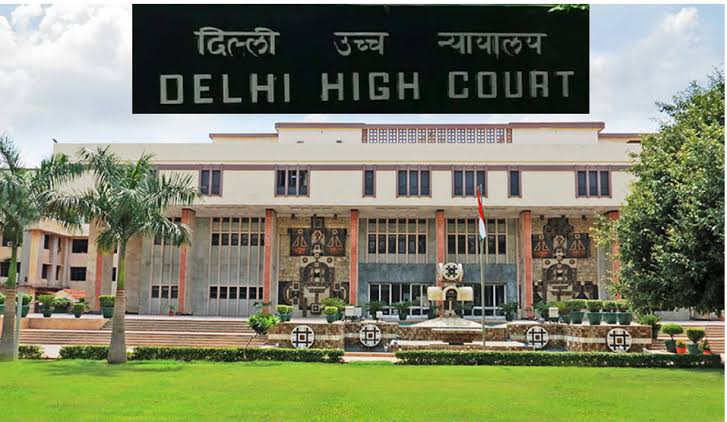


The Delhi High Court recently observed that like any common person, judges are also entitled to private and social rights to look after their families [Mohit Pilania v. The State Govt of NCT of Delhi and Anr].Justice Swarana Kanta Sharma added that it is wrong to suggest that a person accused of cheating the kin of a judge would not get justice because of the judge's influence.The observation was made while rejecting the bail application filed by one Mohit Pilania, accused of being an accomplice of one Aarav alias Ravi Gautam, who allegedly raped and cheated a judicial officer’s sister on the false promise of marriage.The Court also pulled up the accused person's lawyer for revealing the identity of the victim and the judicial officer in his pleadings.To suggest that since the person cheated is kin of judicial officer and if bail is not granted, it would amount to taking sides in judicial system will amount to judging the judicial system with a myopic eye and suggest that a judicial system is so fragile that it would take sides and not do justice. To take a contrary view can also be seen to amount to unjustifiably suspecting a person of interference due to his occupation without any evidence and would result in doing injustice to him, in a zeal to appear just,” the Court said.To state that only because the brother of the victim is a judicial officer, the accused is not getting bail due to some influence without any iota of evidence in this regard is preposterous. Accepting this argument will be equivalent to accepting that a judicial officer in case of being victimized or being hurt or cheated as a family member, as in this case being the biological brother of the complainant, does not have fundamental right to get justice for himself, his family or his immediate kith and kin.”The Court stressed that judges also care about their reputation and by disclosing the victim and the judicial officer’s identity, it is the accused who is trying to take advantage of the judicial system.
It noted that even the trial court had cautioned the counsel against revealing the identity of the victim and her brother, who is a judge.The Court, therefore, directed the registry to ensure that henceforth, in any petitions/applications filed in cases involving sexual offences, a certificate/note be annexed with the first page of the petition certifying that the name of the complainant or any other name has not been mentioned.The main accused Ravi Gautam had befriended the complainant on a matrimonial website and got married to her. However, it was later revealed that Gautam was already married.The bail applicant Mohit Pilania was booked for being an accomplice.
After considering the case, the Court concluded that Pilania was the teacher of the main accused and had allegedly conspired with him to cheat the complainant and her family.“The charges against the present accused have already been framed, and the complainant is yet to be examined before the learned Trial Court. The allegations against the applicant/accused are very grave and serious in nature. The apprehension of threatening and influencing the material witnesses cannot be completely ruled out at this stage.”The Bench, therefore, rejected the bail plea.
It also directed the registry to mask the name of the victim and the judicial officer.Advocate Mahesh Chand appeared for the accused Mohit Pilania.Additional Public Prosecutor (APP) Manoj Pant appeared for the State.The complainant was represented through Advocate Puneet Bajaj.
TAGS: Delhi High Court Mohit Pilania v. The State Govt of NCT of Delhi and Anr Justice Swarana Kanta Sharma